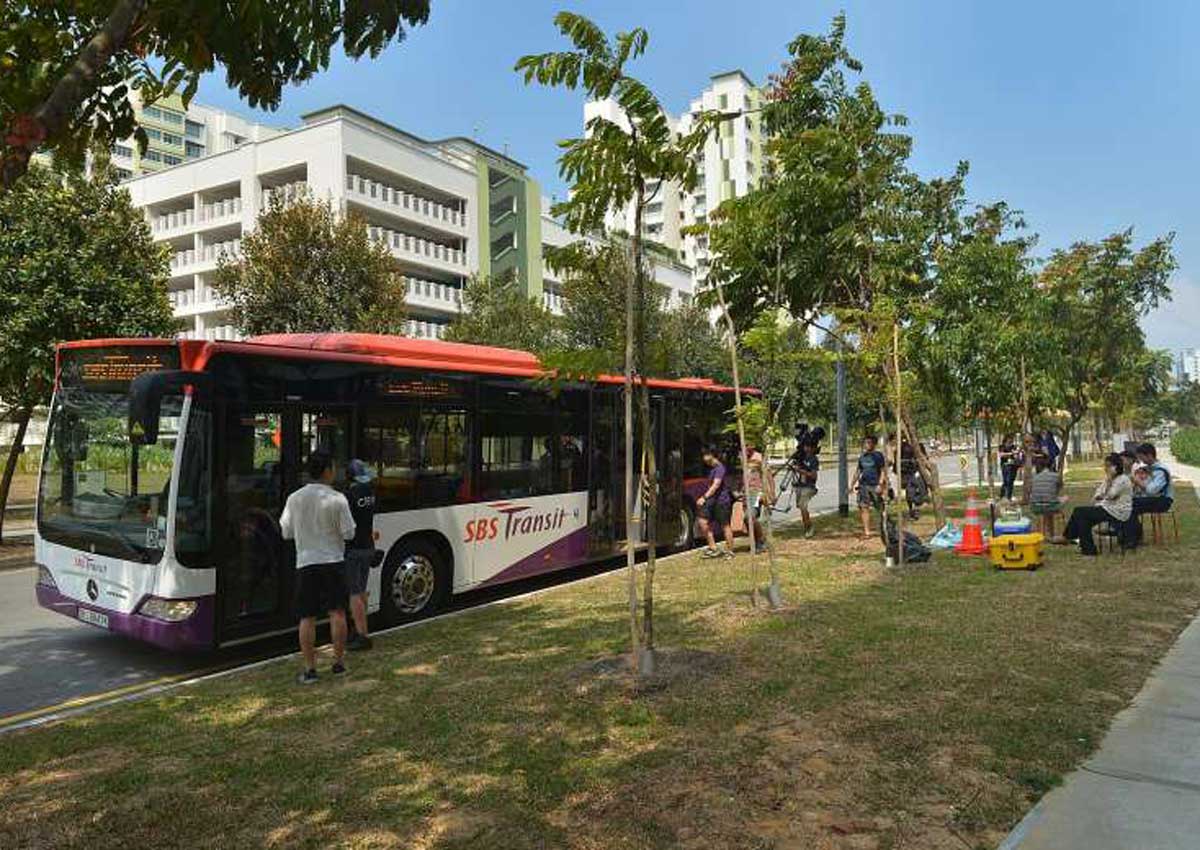Sparkle Care @ Yew Tee will be the PAP Community Foundation’s second senior care centre, after its first centre opened on Saturday at Simei.
Source link
PCF to open second senior care centre by end-2016
SingPost chairman Lim Ho Kee steps down on May 10
Singapore Post chairman Lim Ho Kee, who has helmed the company’s board since its 2003 initial public offering, is stepping down on May 10.
Mr Lim, who made his intention known after the end of SingPost’s financial year on March 31, will step down as a director at the annual general meeting to be held in July.
The board has unanimously agreed to appoint Professor Low Teck Seng, a member, as chairman from May 10.
Mr Lim, 71, said he is giving early notice to ensure a proper handing over of his responsibilities.
“Some of you would be aware that I have been planning to step down now for almost three years but had felt compelled to stay and guide management,” Mr Lim said in a letter to the board.
He said family commitments demand more of his time.
“It has been a long and satisfying journey since our IPO in 2003. We can all be proud of what SingPost has achieved.
“Among postal companies, I believe we stand out as a successful model of transformation.”
The board thanked Mr Lim for his service and “his foresight that the postal sector was on a burning platform”, adding that he had impressed on everyone the urgency to transform in order to survive.
“Mr Lim is a visionary and has championed SingPost’s transformation into the iconic institution it is today with its global footprint.
“He has led us with not just his great intellect and business acumen, but also with his heart. It is difficult to think of SingPost without Lim Ho Kee,” the board said in a statement yesterday.
Mr Lim began his career in banking and has more than 35 years in both the public and private sectors.
His resignation comes as the company remains embroiled in a saga over concerns about its corporate governance standards.
It began last December, when the company admitted an “administrative oversight” for not properly disclosing director Keith Tay’s interest in a 2014 acquisition.
In response to concerns raised by shareholders and market watchers, SingPost appointed a special auditor to scrutinise the conflict-of-interest issues surrounding the acquisition. It also commissioned a separate review to address any wider governance issues.
SingPost said on Thursday that the special audit is in its final stages, and the auditors are preparing their report.
The review of its corporate governance is expected to be completed before its AGM in July.
Separately, SingPost yesterday announced that it has terminated the joint venture agreement between its unit SingPost eCommerce and PT Trikomsel with effect from March 31.
Following the termination of the proposed joint venture, PT TSI, which has been a dormant company since its incorporation, will be dissolved.

This article was first published on April 2, 2016.
Get a copy of The Straits Times or go to straitstimes.com for more stories.
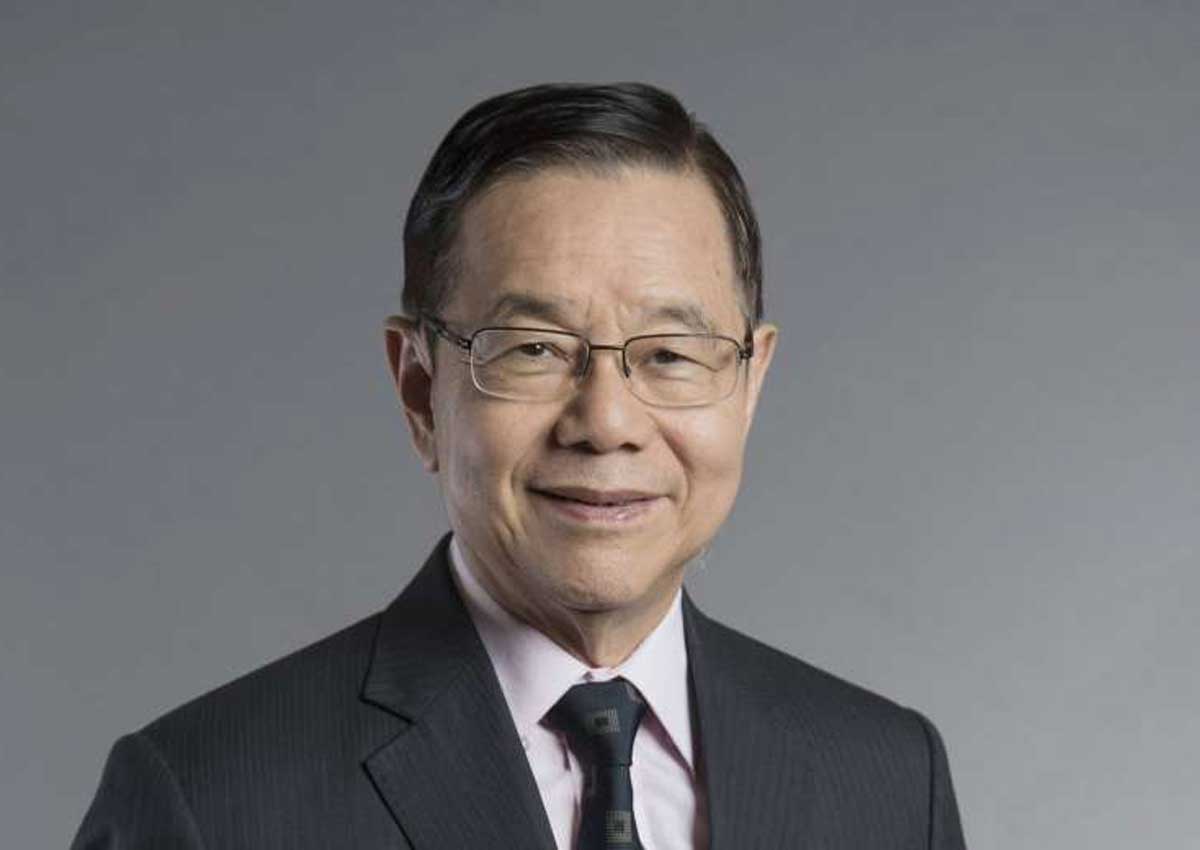
Rats resurface in Bukit Batok
Rats! It looks like Bukit Batok has an infestation problem yet again.
About a year after a major rat infestation on a hilly area near Bukit Batok MRT station in end 2014, rats have been reported around Bukit Batok Street 23 this and last week.
The National Environment Agency (NEA) said about 20 rat burrows were found along a footpath near the See Thian Foh Combined Temple in Street 23 last Thursday. It had also received feedback about rat activity in an industrial estate in the area on Wednesday.
While NEA said rat control works were carried out this week, the rodents were still a problem yesterday at the temple, where the pests have been damaging property and eating food offerings.
Temple volunteers said yesterday that rat infestation has been a problem there since the middle of last year.
“We catch about four or five rats a week. Sometimes, we also use rat poison to ease the problem. Once we found about 20 rats dead behind the temple,” said a 73-year-old temple volunteer who gave her name only as Ms Sim.
She showed The Straits Times the rat droppings she came across yesterday in the temple’s kitchen.
“I just wiped the stove in the kitchen clean yesterday, but there are rat droppings again today,” she added.
The rats appeared to have come from rat burrows found on vacant state land behind the temple.
The managing agent for the land is the Housing Board.
NEA told ST yesterday that it has deployed its pest control operator to help HDB to bring down the rat population at the vacant land.
So far, 40 rats have been caught in one round of operations, using means such as glue boards or traps.
NEA investigations found that the rodents involved are roof rats, whose “main harbourage areas are the trees on the vacant land”. The burrows on the ground are their hiding spaces when they are on the ground foraging for food, it added.
NEA said it will continue to help HDB with rat control operations over the next few days. It added it will also work with HDB to put in place a tight rat control regime.
Meanwhile, temple volunteers said the temple has tried to keep the rodents at bay using various methods, including planting sticky traps or installing wire mesh beneath drain covers. Volunteers also caged the temple’s plants, to prevent them from being eaten by rats.
A temple volunteer who identified himself only as Mr Leow said the temple sought help from a pest control operator last month.
“They said they could deal with the rats in the temple, but could not exterminate the rats in the land outside the temple, as it was managed by the Government,” he said.
Jurong GRC MP Rahayu Mahzam, who oversees the area affected by the rat infestation, said: “Action has been taken promptly on the same day and I will keep a close watch and work with all parties to resolve the issue.”

This article was first published on April 2, 2016.
Get a copy of The Straits Times or go to straitstimes.com for more stories.
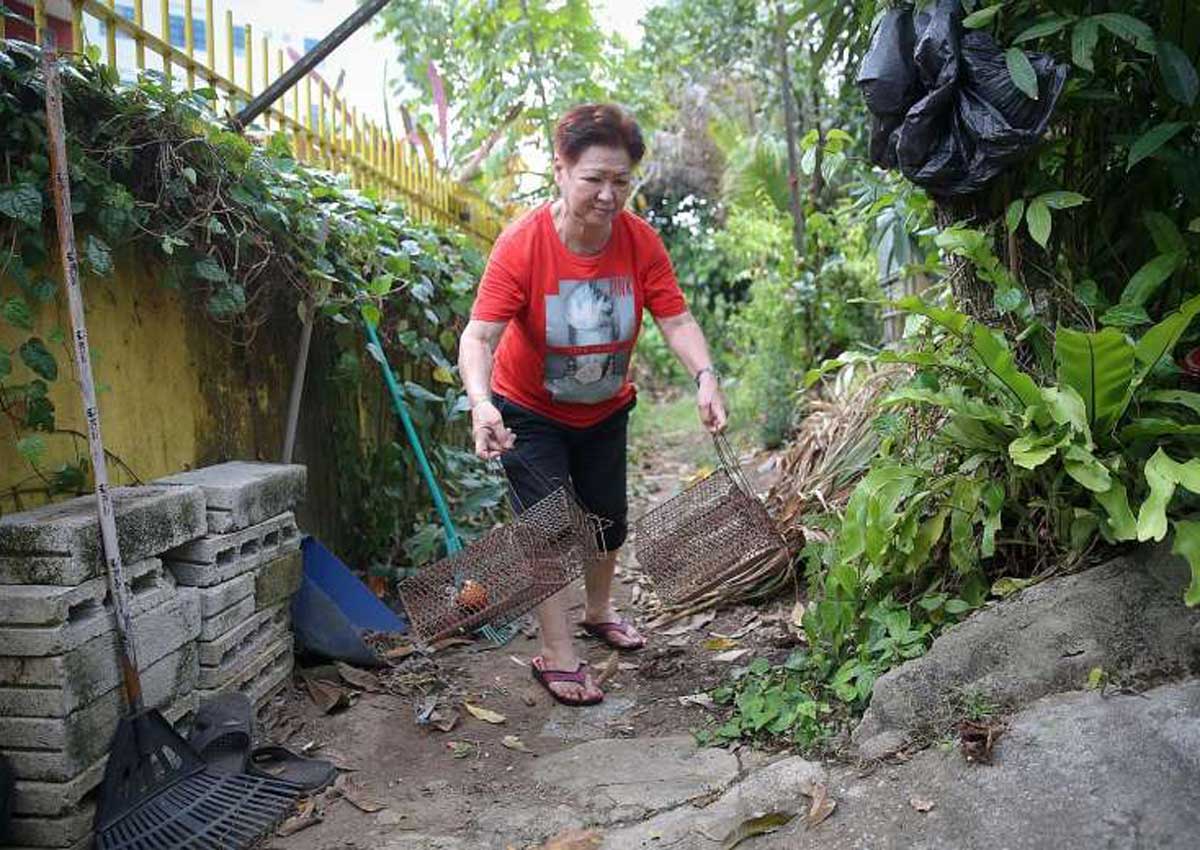
Much abrew about 'German' beer's labelling
It is nothing to raise a glass to.
Beer drinkers find it hard to swallow that the six-pack Beck’s premium beer, whose cardboard packaging suggests it is “imported” from Germany, was brewed in China.
“They’re fooling us by insinuating it’s imported from Germany,” said 43-year-old Mr Tadeusz Jankowski, who has been a fan of the pilsner for more than a decade.
The British expatriate, who runs a sports website, added: “It’s priced in the same range as premium imported beers, so you would expect good ingredients from Germany.”
Carlsberg Singapore, the official distributor of Beck’s, said it was an isolated incident involving a “technical printing error” on the outer label of its six-can pack.
It did not reveal how many packs were affected.
It emphasised that the fine print on each 330ml can, which states it is brewed in China, is accurate.
Carlsberg Singapore general manager Jimmy Toh said labels have been placed over the error as an interim measure, while new packaging for the remaining stocks is being printed.
“We are now working closely with the retailers to continue conducting thorough checks on other Beck’s six-can packs,” Mr Toh said, adding that the labels on other Beck’s products, such as its 630ml beer bottles, are accurate.
Beck’s, which originated in Bremen, northern Germany, has not been brewed exclusively in the country since it was bought by Belgium’s Interbrew in 2002. It is now owned by Belgium-based Anheuser-Busch InBev.
On Thursday, supermarket chain FairPrice pulled the affected products off the shelves due to “inaccurate product information”. Its spokesman said: “We are working with our supplier to bring this product back to our shelves.”
The wrongly-labelled packs are still available at Sheng Siong, the only other supermarket retailer of the beer here. A can of Beck’s at Sheng Siong is priced at $1.65 while a pack of six costs $9.50.
A Sheng Siong spokesman said it has not received any orders from Carlsberg Singapore or the authorities to remove Beck’s from its shelves.
“We will monitor the situation and take suitable action where necessary,” the spokesman added.
Consumers Association of Singapore executive director Seah Seng Choon said such misrepresentation could be considered an unfair practice under the Consumer Protection (Fair Trading) Act.
While there were no complaints about mislabelled food and beverages in the last two years, the association has received 46 such complaints for electrical products.
Mr Mitchell Leow, head of corporate relations at Asia Pacific Breweries Singapore, noted a recent “increasing trend” of beer being imported here without information like country of origin, alcohol percentage and best-before date being displayed. He added that there are more products with ambiguous claims about their alcohol content.
“We believe consumers should demand more visibility and relevant information on products that they buy,” he said.
“Manufacturers, suppliers, retailers, consumers and the Government should work together to improve the availability of relevant product information.”
In 2013, Anheuser-Busch InBev faced a class-action lawsuit in the United States, after consumers said they were tricked into thinking their Beck’s beer was a German import, when it was brewed in St. Louis, Missouri.
A Miami judge approved a US$20 million (S$27 million) settlement for the case last October.

This article was first published on April 2, 2016.
Get a copy of The Straits Times or go to straitstimes.com for more stories.
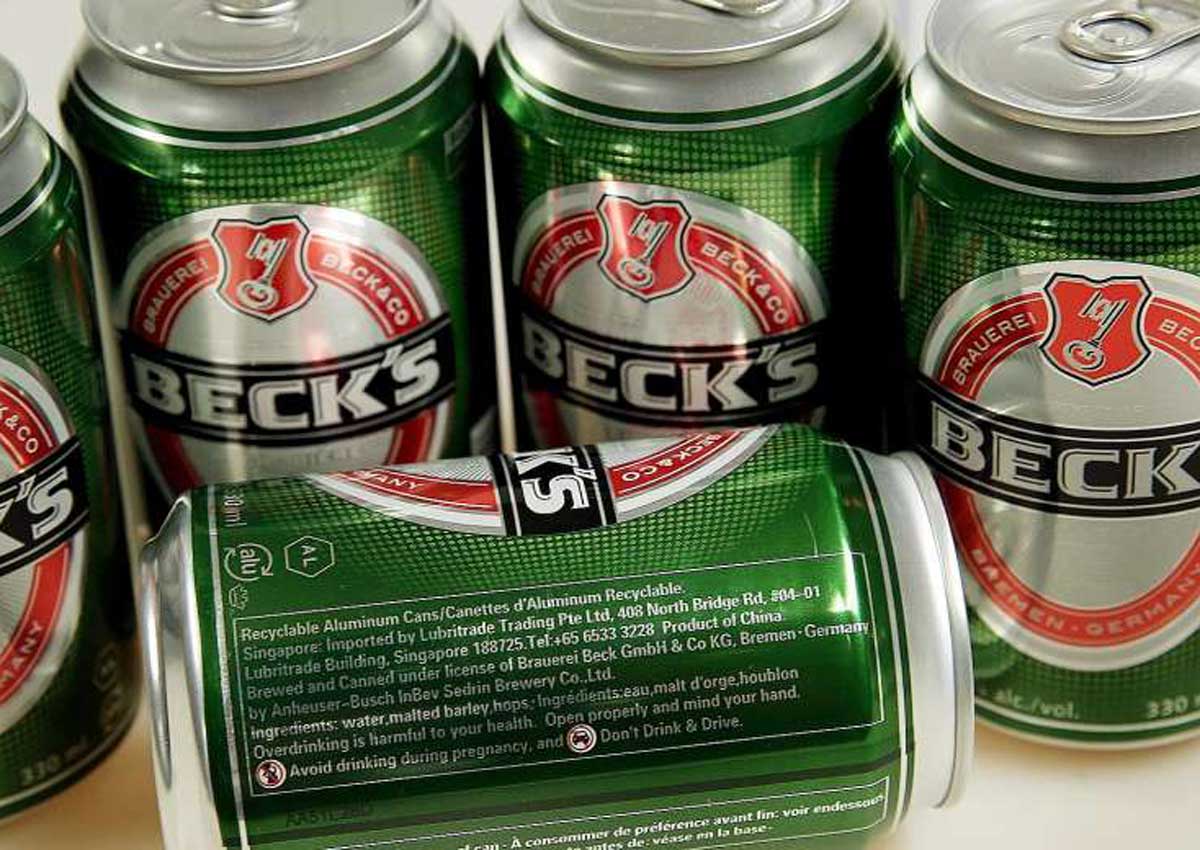
PCF's first senior care centre has more than 70 clients, second centre to be ready by year-end
April 02, 2016 1:03 PM
SINGAPORE – To cater to the growing need for elder care, PAP Community Foundation (PCF) has opened its first senior care centre, with a second one to be ready by year-end.
The curious case of Wang Yuandongyi
The arrest last month of a Singapore citizen, Wang Yuandongyi, for attempting to travel to Syria to fight with a Kurdish militia against the Islamic State in Iraq and Syria (ISIS) raises questions about the psychological processes at play with individuals attempting to fight with anti-ISIS groups, as well as the options available to the authorities in dealing with such cases.
Should these individuals be treated in the same manner as those attempting to fight for ISIS?
The balance of probability is that Wang was on his way to northern Syria to fight with the YPG (People’s Protection Units), the major Kurdish opposition to ISIS in that region.
Analysis from the Centre of Excellence for National Security, which I head, of the background, motivations and nationalities of over 200 “lone wolves” (out of an estimated total number of 400 to 500 actually on the ground) who have made the journey to fight ISIS suggests that about half fight with the YPG.
A smaller number fight with the Peshmerga of the Kurdish Regional Government in Iraq and an even smaller number have joined Assyrian Christian militia in Syria. At least 12 individuals from these groups have been killed.
Americans, especially military veterans, make up about 50 per cent of the total number of anti-ISIS fighters.
Apart from a small number of fighters (particularly from Europe) who are second- generation members of the Kurdish diaspora, very few have a direct connection with the conflict.
A recurring theme with these fighters, as gleaned from their social media posts, is giving meaningful help to peoples who are oppressed, and not wanting to sit by while people suffer under the ISIS yoke.
A significant proportion of anti-ISIS fighters combine these pull factors with “push” factors.
These include unsettled domestic circumstances, or a sense of “drift” or dislocation from the orthodox dictates of society.
Should there be commonality in treatment of would-be fighters and returning fighters on both sides?
Some countries such as the United States strongly discourage its citizens from fighting against ISIS, but have not criminalised such actions, choosing in effect to turn a blind eye.
In Australia, there is specific legislation introduced in 2014 that criminalises fighting on any side of the conflict in Syria and Iraq.
In the West, where these issues have more public traction, supporters and family members of anti-ISIS fighters (in countries ranging from Britain to Australia) have initiated petitions calling on their governments to reconsider their treatment of those who have returned home after fighting ISIS, observing that there is no moral equivalence between fighting for and against ISIS, and that the two should be considered quite separately.
In Singapore, the Government has made it clear in connection with Wang that it takes a stern view against anyone who undertakes or makes preparations to undertake armed violence, regardless of how they rationalise violence or where the violence in question takes place.
But should the authorities go further and make this legally explicit, banning any Singaporean (or even foreigners based here) from fighting abroad in any armed conflict, regardless of which side he or she supports?
There may be long-term advantages to this approach.
In some cases, issues of right and wrong might be clear – at least in the minds of some would-be fighters. But many other situations like insurgency, civil war and rebellion may be less clear-cut.
The authorities would also presumably not want a situation where Singaporeans find themselves face to face against each other in a foreign battleground.
This scenario (which is one the United States and several European nations are already confronting in Syria and Iraq) could lead to blow-back and tensions between groups within Singapore.
The authorities should also consider what to do with individuals considering going to help the Kurds in auxiliary or humanitarian roles that do not involve fighting but which might conceivably draw such individuals into violence downstream.
Should this be criminalised too?
There are some provisions in the law (the Internal Security Act) which are relevant to the possibilities above, but these may need updating.
MOTIVATIONS AND ‘REHABILITATION’
Anti-ISIS lone wolves have different motivations for taking up their cause.
Some cite an altruistic need to help the Kurds, but it is also clear that some seek the same form of adventure that impelled ISIS fighters.
And similar to ISIS foreign fighters, many seek a sense of meaning, perhaps alienated from their home culture and suffering from rootlessness, anomie or mental dislocation.
Studying these individuals might yield insights into those who join ISIS, as there may be common ground in their motivations.
There is also the tricky issue of “rehabilitation”. In Singapore, the authorities recognise that Wang’s attempt to help the Kurds was not “ideologically driven”, yet have suggested that he will undergo psychological counselling to steer him away from resorting to violence.
It is not, however, clear that Wang was in the first place predisposed to violent acts.
Would established processes, such as counselling by the Religious Rehabilitation Group or by others, work in these cases? Should new ways be considered?
The media has reported the conflict with ISIS as an existential one – almost as a Manichean struggle between good and evil.
This inevitably has had an impact on a millennial generation in search of experience and meaning.
What might therefore be needed in various countries is not only official injunction or punitive warnings against fighting with the YPG or other militia, but a broader effort.
In countries where there is a rising commitment to social or civic activism, other outlets for expressing such activism need to be found : outlets that could divert restless individuals and allow them to find expression for their altruistic energies.
Trusted and credible sources – not necessarily simply government sources – should be used to disseminate the messages that individuals should not get involved in foreign conflicts (not just the ones in Iraq and Syria), and that one runs the very real risk of being killed, or else being drawn into wider conflicts which they have not signed up for.
The overall message should be this: There are other ways to help the people at risk, and these conflicts are not their fight.
Dr Shashi Jayakumar is head of the Centre of Excellence for National Security at the S. Rajaratnam School of International Studies, Nanyang Technological University.

This article was first published on April 2, 2016.
Get a copy of The Straits Times or go to straitstimes.com for more stories.
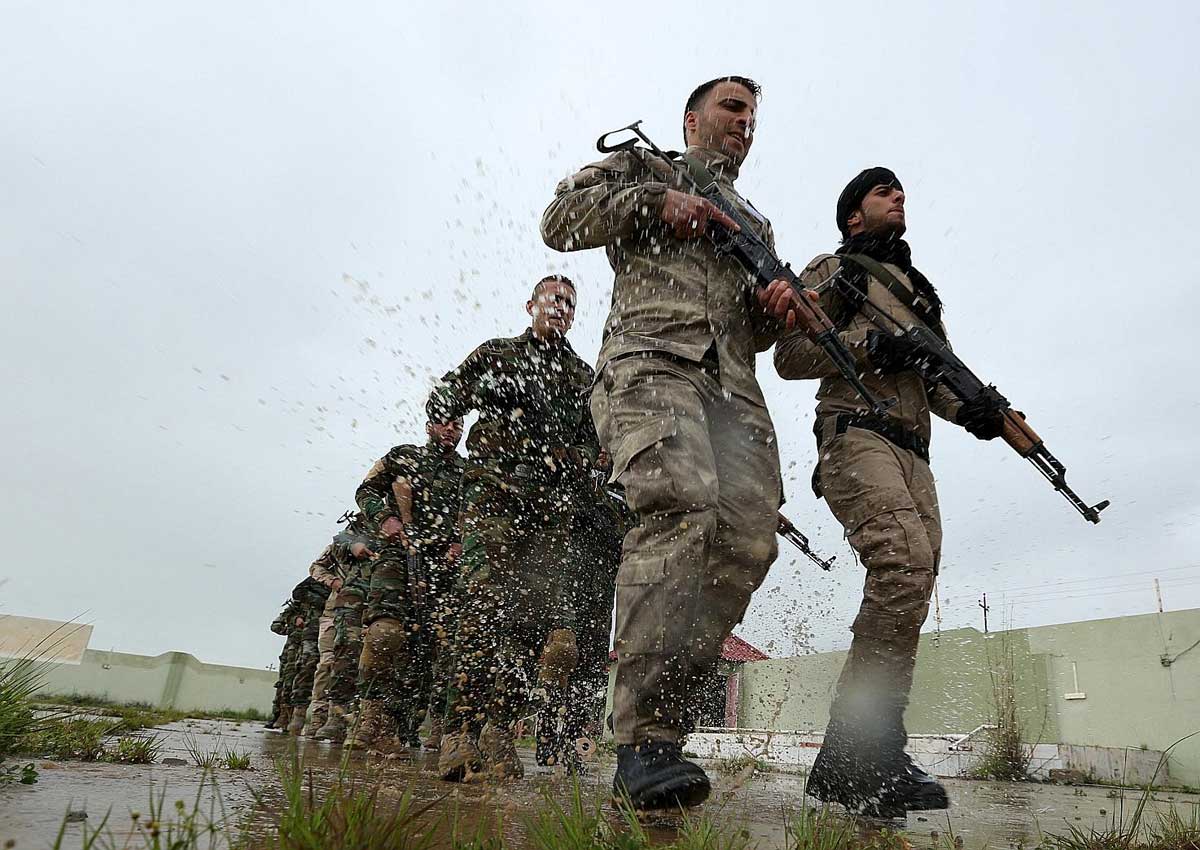
Divisive, populist politics in the US could happen in Singapore: PM Lee
The divisive, populist politics taking place in the US could happen in Singapore if people feel that the existing leadership is not speaking up for them, or addressing their concerns, Prime Minister Lee Hsien Loong says.
Source link
90 jobs lost here as Caterpillar shuts plant
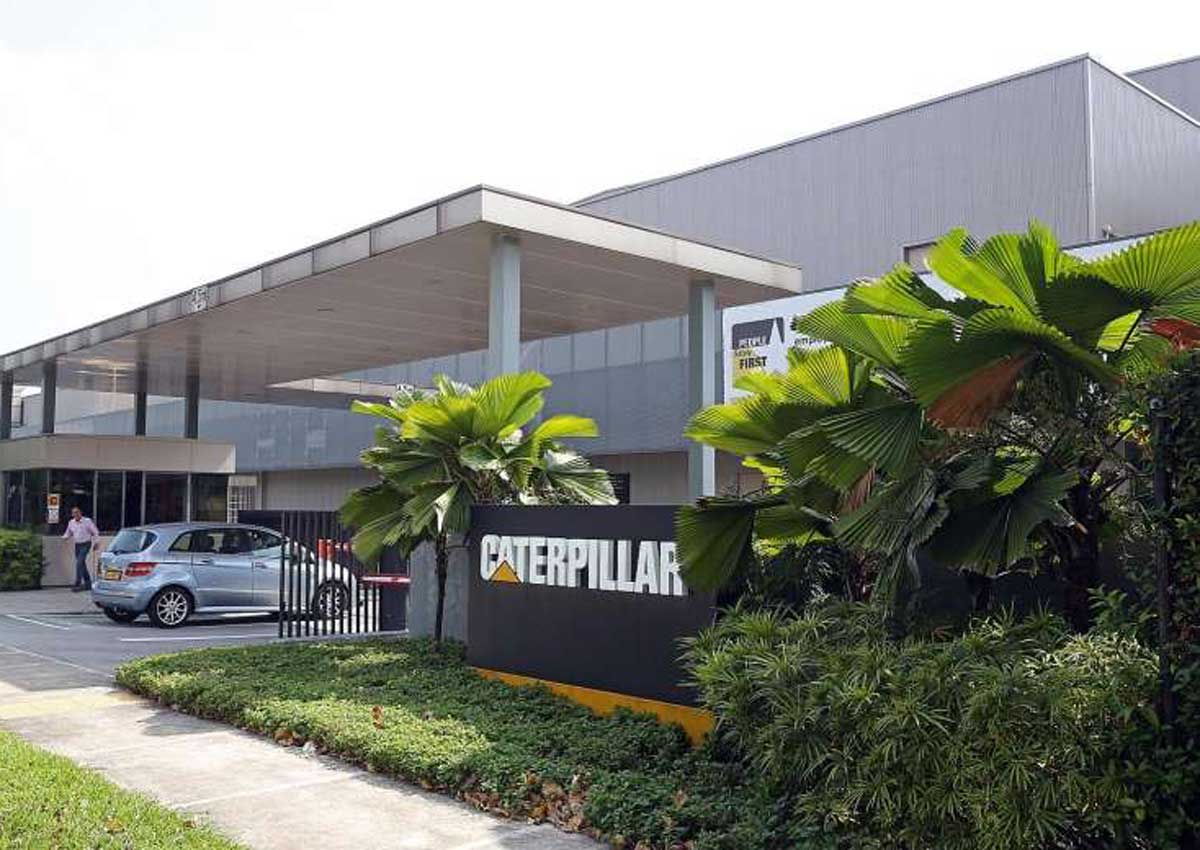
Chinese national acquitted of using fake work pass
A Chinese national who used a forged work pass and overstayed was cleared after a district court found that she did not know it was a fake.
Ms Liu Dandan, 28, had faced two charges of possessing the fake pass and overstaying in Singapore after her 14-day social visit pass expired.
In judgment grounds released on Tuesday, District Judge Adam Nakhoda said if Ms Liu did not know her work pass was forged, then although she knew her social visit pass had expired, “she would nonetheless believe that her stay in Singapore was authorised as she was in possession of a valid pass”.
Ms Liu had entered Singapore in July 2014 bearing a valid In-Principle Approval for Work pass (IPA) obtained through her agent in China.
After arrival , she underwent medical tests, fingerprinting and photograph procedures arranged by her agent. The agent later gave her a work pass to replace the IPA for her to work at Thong Lee Crane, which provides crane services.
But in September 2014, her work pass was found to be a fake when she tried to enter Marina Bay Sands (MBS) using the pass.
Security guards there found that the card control number was not one issued by the Ministry of Manpower (MOM).
Ms Liu was arrested, but said she did not know or suspect that the pass was a fake as she had gone through the required procedures.
Deputy Public Prosecutor Sia Jiazheng argued that Ms Liu had been issued with genuine work passes on four other occasions and should know the difference between a real and a fake pass.
But her lawyer Peter Ong countered that as a member of the public, she would not know the difference, nor would she know to go to the MOM website to read about the security features of the pass.
In contrast, the MBS staff were trained or experienced enough to spot fakes, he added.
District Judge Nakhoda said he found no evidence to show that Ms Liu would have been able to spot the difference immediately and know her pass was a fake.
“I found that the (fake) was not so different from a genuine work pass that a person who was not experienced in telling the difference between a genuine and a fake pass would be able to,” he said, ruling that the charges had not been proved beyond reasonable doubt.
Prosecutors are appealing.

This article was first published on April 2, 2016.
Get a copy of The Straits Times or go to straitstimes.com for more stories.

LTA glams up bus driving as career
Lights, camera, bus fare! The Land Transport Authority (LTA) is spending $50,000 to produce a video which will be used to promote bus driving as a career.
This is believed to be the first such initiative by LTA as the authority ramps up Singapore’s public bus fleet to raise service standards, as well as to meet burgeoning demand.
“LTA’s role here is in professionalising the industry, not in the recruitment of bus drivers,” an LTA spokesman said.
“Recruitment is the responsibility of operators.”
Under the new bus contracting model Singapore is moving towards, the Government owns all fixed and operating assets, while operators focus on meeting service standards – including hiring and retaining drivers.
LTA said the video – which will be screened at recruitment fairs that bus operators hold – will also be used to raise public awareness about the role of bus drivers.
The authority has contracted production house Little Red Ants to produce the video.
The production is part of a wider “branding and promotion” effort by LTA to “boost the image for both the rail and bus sectors” this year.
This effort will include joint career talks and fairs, and internships with public transport operators to attract potential talent.
On Tuesday between 7.45am and 8.20am, an SBS Transit bus was seen plying Upper Serangoon Road with a video camera strapped to its right, above the front wheel, with a spider mount.
Another bus mounted with a similar camera plied Hougang, Sengkang and Punggol from 11.30am to 3pm.
When The Straits Times turned up to photograph the filming, the crew said the camera had been dismounted because of “complaints from the public”.
Little Red Ants did not wish to comment when contacted.

This article was first published on April 2, 2016.
Get a copy of The Straits Times or go to straitstimes.com for more stories.
